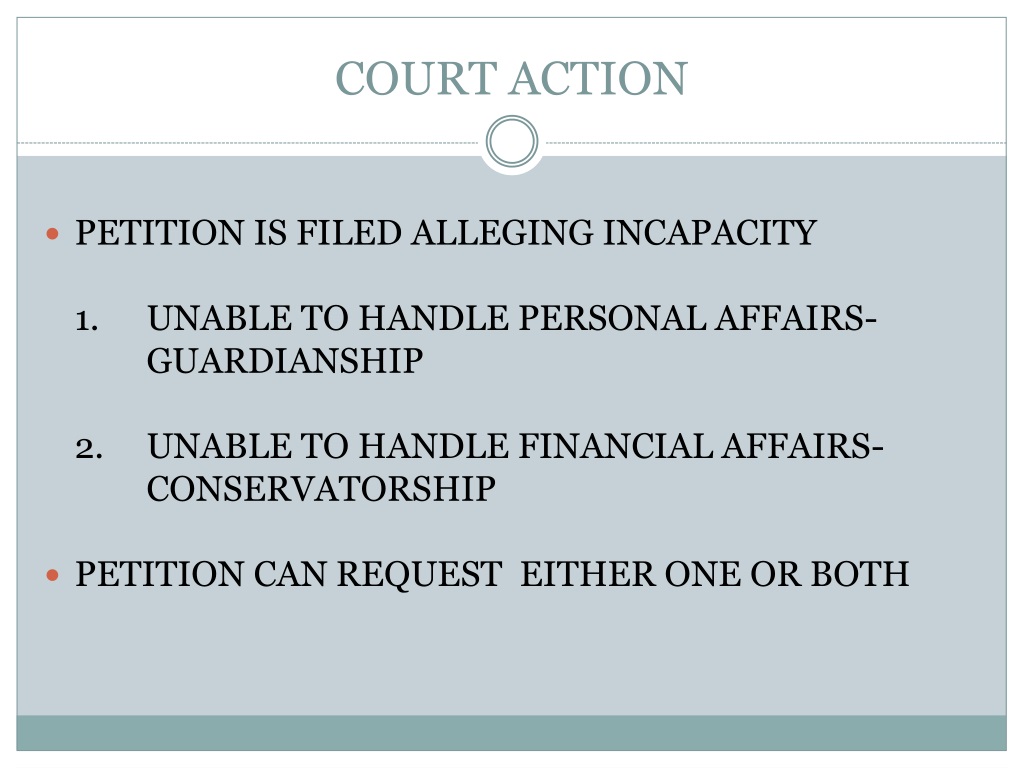Dealing with the challenges of divorce can be daunting, both emotionally and legally. Whether you're dealing with the issues of custody battles, asset division, or alimony, having the right attorney by your side can make a significant difference can bring a significant difference. The judicial process surrounding separation is intricate, and understanding your entitlements and liabilities is essential for achieving a positive result. In this write-up, we will discuss essential legal tips and insights to navigate you through the divorce process, helping you make informed choices every phase of the way.
When should you consider engaging an attorney? It's crucial to understand when the challenges of your case warrant professional help. From steering clear of common mistakes to grasping the nuances of divorce law, this write-up will provide you with valuable information on how to choose the best lawyer, what to anticipate during your initial meeting with a lawyer, and how to navigate the obstacles ahead with confidence. Whether you're beginning to contemplate separation or are currently in the process of proceedings, the support of an expert attorney can be your greatest resource as you move through this challenging chapter of your life.
Essential Law-related Tips for Dissolution of Marriage
Steering through the separation process can be psychologically and legally challenging. One of the key steps is to understand your rights and obligations, so it's vital to have a thorough understanding of the juridical framework. Get to know yourself with important divorce laws in your jurisdiction, as these can influence property division, child custody, and support arrangements. Working with an attorney from the beginning allows you to gain perspectives into your situation and helps prevent blunders that could have lasting consequences.
Another vital aspect is record-keeping. Keeping organized documentation of your monetary situation, including assets, debts, and expenses, can significantly impact the outcome of your divorce. This systematization not only assists derive a fair division of property but also helps in determining spousal support and child support if relevant. Your attorney can guide you on what specific documents to gather and how to display your case effectively.
Finally, communication is essential. Approach discussions with your partner, especially regarding children and finances, with a focus on reaching friendly solutions if possible. Having a mutual stance can bring about easier negotiations and reduce avoidable conflicts, ultimately saving you minutes and money. Your attorney can provide strategies for efficient communication and negotiation, ensuring that your rights are protected throughout the process.
Selecting an Appropriate Attorney
Picking the suitable attorney is crucial for managing those challenges of a separation. Begin by looking into lawyers who specialize in divorce law and have expertise with divorce cases. Search for professionals who understand the details of your situation, such as custody arrangements, asset division, or alimony. Direct recommendations from relatives can also give valuable insights into a attorney's competence and strategy.
Once you have a shortlist, schedule consultations to evaluate your choices. Throughout these consultations, notice how the lawyer responds to your issues and explains the legal steps. A good lawyer should articulate clearly, to make difficult legal terms understandable. Consider their attitude and compatibility with your beliefs, as a separation can be emotionally taxing, and you want someone you can rely on and be comfortable working with.
Lastly, think about practical aspects such as the lawyer's location, costs, and capacity. Knowing their payment terms and any extra added costs will help you prevent surprises in the future. Confirm that you are on the same page regarding how to communicate and how often you will communicate to ensure a smooth working connection throughout the divorce process.
Grasping Your Judicial Procedure
Navigating the legal procedure can be daunting, especially during a dissolution of marriage. It's important to grasp the steps entailed. Generally, the procedure starts with submitting a petition for divorce, which sets forth your objectives and the key issues at stake, such as custody, alimony, and asset division. Once submitted, the respondent must respond. This initial interaction determines the mood for negotiations and potential court proceedings. Each location may have varying rules regarding timeframes and requirements, so remaining informed is vital.
After the preliminary filings, both sides often embark into a information-gathering phase. During this period, you and your attorney will obtain relevant records and information from one another. click this link here now may involve financial statements, communication records, and even testimony from witnesses. The goal is to provide each side with a comprehensive grasp of the case to facilitate fair negotiations. Engaging an skilled attorney can assist ensure that you do not neglect important evidence and that you comply with the judicial obligations of the discovery process.
If negotiations are not fruitful, your case may proceed to trial. During the trial, both parties will present their evidence and case before a judge, who will deliver a decision on the outstanding issues. It's important to get ready thoroughly with your lawyer during this phase. They will guide you on what to anticipate, how to deliver your case well, and how to respond to the other party. Depending on the outcome, there may also be options for appeal if you believe the ruling was unjust. Comprehending these steps will empower you and pave the way for knowledgeable choices throughout your legal journey.

